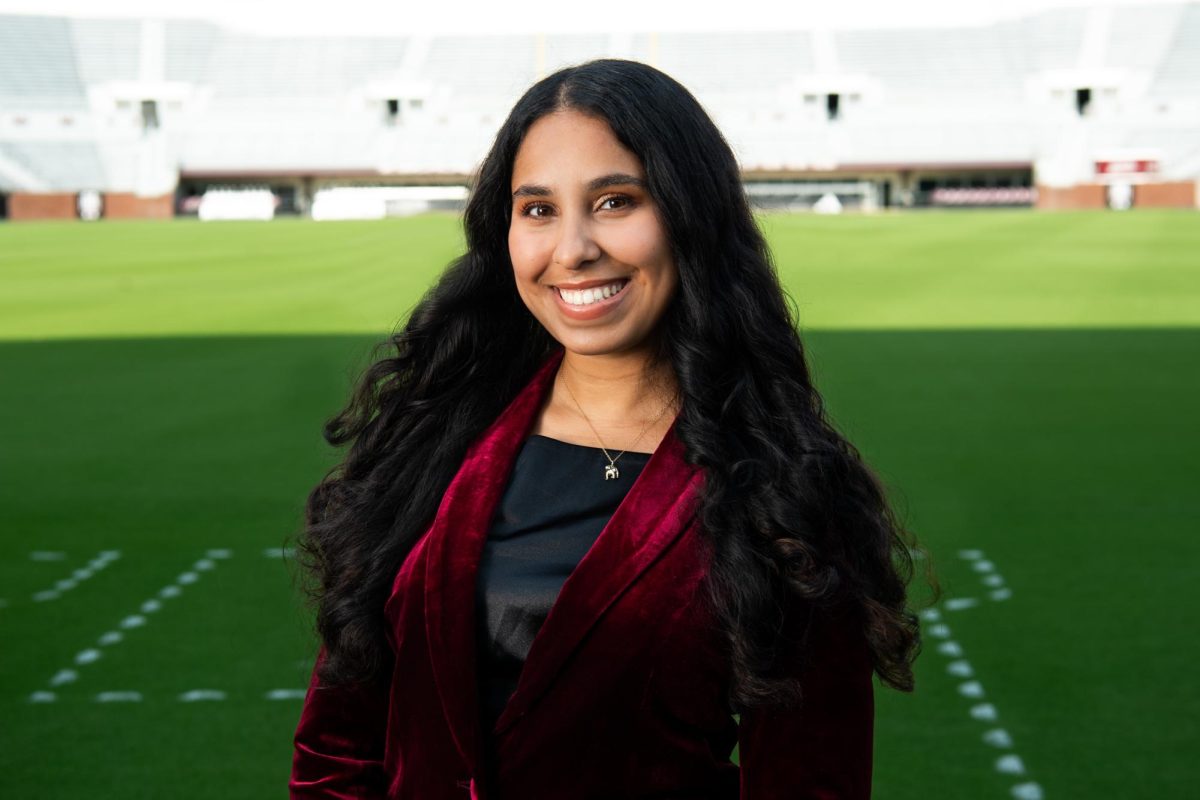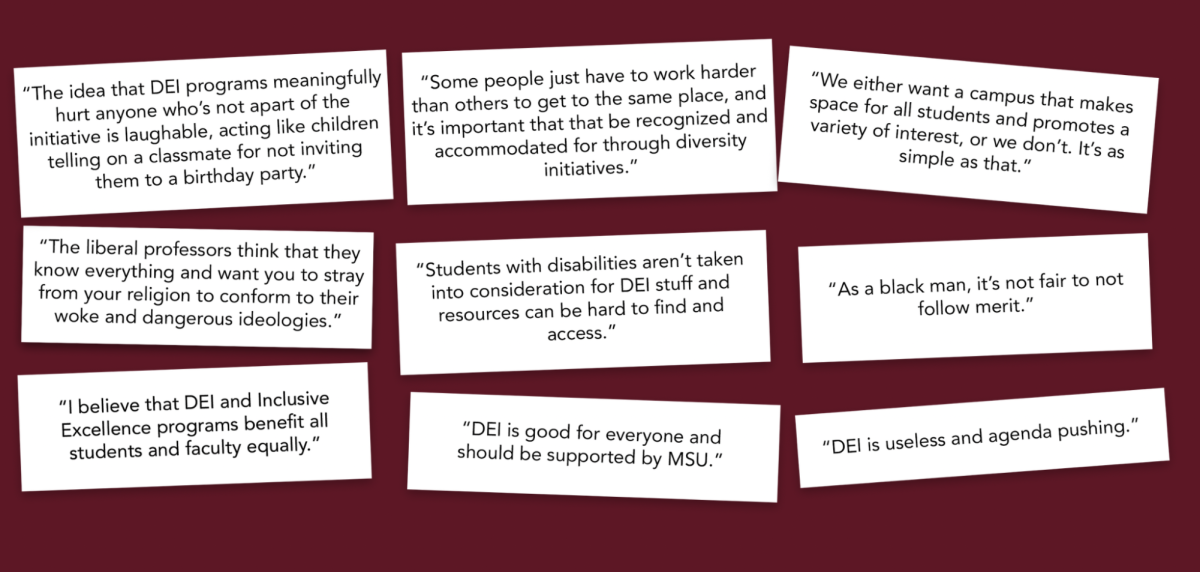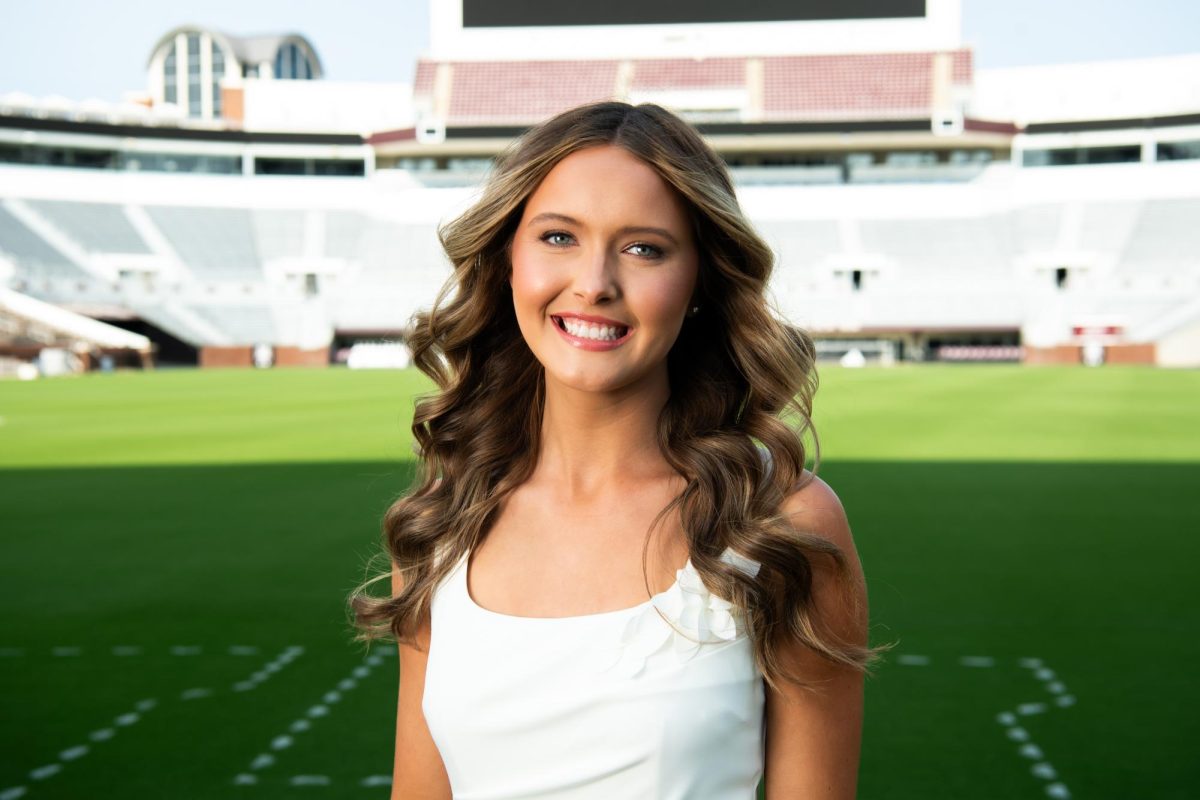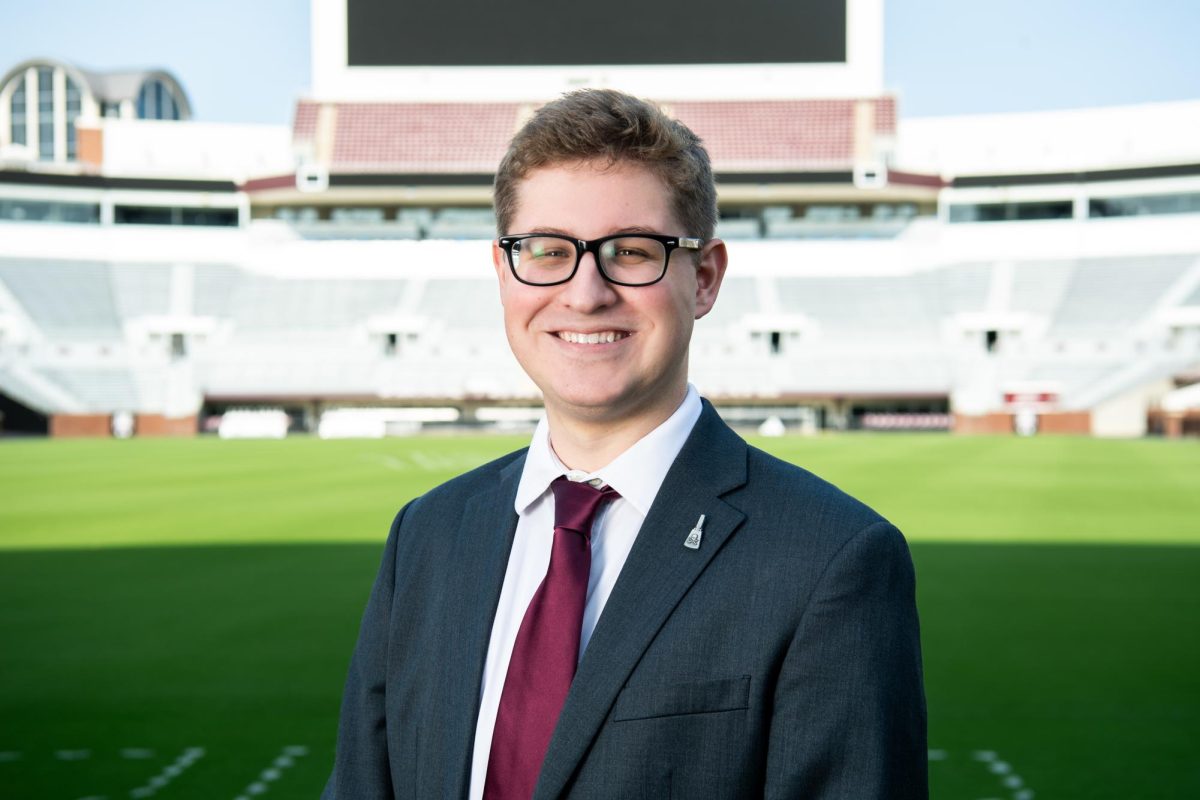Over the last 14 years, the Mississippi State University Space Cowboys have launched MSU to the top of competitive high-powered rocketry since its founding in 2006.
High-powered rocketry is a type of model rocketry which uses high-impulse propulsion methods, creating bigger-than-average rockets capable of flying much further. The primary mission of the MSU Space Cowboys is to promote interest in high-powered rocketry.
Rob Wolz, an instructor in the department of aerospace engineering and advisor to the Space Cowboys, says the team’s purpose is to build on principles taught in the classroom.
“Their focus is to design, build and fly high-powered rockets to learn through hands-on activities,” Wolz said. “Their efforts provide a way to apply classroom learning to real-world application to compete against other world-class engineering students.”
The rocket-building team has competed in multiple international high-powered rocket competitions, designed, built and flown rockets for the NASA Student Launch Initiative and conducted extensive outreach efforts with Mississippi students and the local Starkville community.
In 2015, the Space Cowboys placed first out of 70 universities in the Intercollegiate Rocket Engineering Competition with Asimov, a high-powered rocket designed to reach 30,000 feet.
When the team is not building competitive rockets, it is conducting research projects, such as designing a rocket intended to approach a velocity of four times the speed of sound.
Ally Dees, a senior in aerospace engineering, is the current president of the Space Cowboys. She has been on the team since her freshman year.
“Over my past four years on the team, I have learned so much about what it means to work with a team to accomplish some greater goal,” Dees said. “I have been graced with so many opportunities to develop technically, grow professionally and establish so many great friendships as a part of this team.”
Every year, the MSU Space Cowboys build and design a rocket for the Spaceport America Cup, a competition which typically hosts over 100 rocket design teams from across the globe.
This consists of the design and simulation of the rocket, the fabrication of the rocket in Patterson Engineering Laboratories and conducting test launches at MSU’s South Farm.
The competition is held at Spaceport America, located in the New Mexico desert. Over the course of a week, competitors demonstrate their technical accomplishments while learning from professional rocket engineers.
This year’s Spaceport America Cup was canceled due to COVID-19, but the Space Cowboys are still preparing their competition rocket, named Astraea, for the 2021 competition.
The team is also currently expanding its propulsion research capabilities by designing, fabricating and testing hybrid rocket motors, as well as preparing the theoretical design of a small-scale liquid rocket engine.
“Overall, the team strives to develop a high level of technical excellence in aerospace engineering,” Dees said. “The MSU Space Cowboys, in my opinion, are one of the department of aerospace engineering’s finest assets to the technical and professional development of undergraduate students.”
Over the last two years, the Space Cowboys have almost doubled in size, reaching a total of 54 members. The team is open to all academic disciplines but consists mostly of aerospace engineering majors.
Lake Spradling, also a senior aerospace engineering major, is the Space Cowboys’ chief engineer. His role involves him in every part of the rocket-building process, but his main job is to ensure safety while achieving high performance.
Spradling says the team has been invaluable to his growth as an engineer since he joined his freshman year.
“The rocket team has taught me countless skills I wouldn’t have gotten from school alone,” Spradling said. “I’ve learned about everything, from what goes into the production of aerospace vehicles to leading a design team to making quality products.”
Building a rocket requires a considerable amount of teamwork, which Spradling says has helped prepare him for the industry.
Many of the Space Cowboys’ alumni, of which there are over 200, have gone on to work and conduct research in the aerospace industry at organizations like NASA, Lockheed Martin and MIT.
MSU Space Cowboys launch students to new heights
Mary Georgia Hamilton | The Reflector
Space Cowboys Eric Malone and Grace Williams work on parts for their competition rocket, the Astraea, in Patterson Engineering Laboratories.
0
More to Discover




























































































